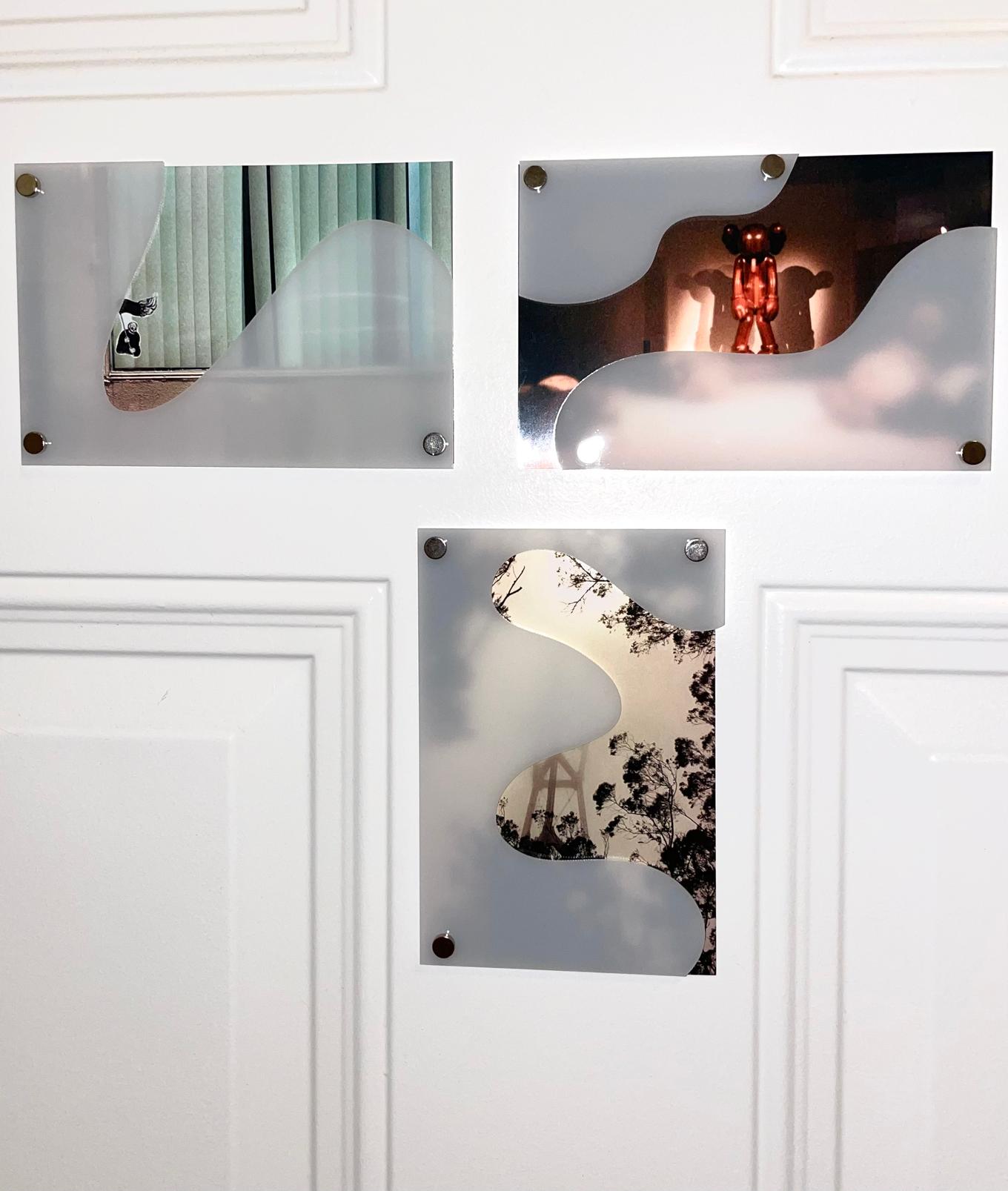Thesis ~ Initial Interviews
The beginning of a pipeline and collecting thoughts
Things I did this week for thesis:
- Set up an interviewing pipeline for folks living outside their parental/heritage culture, sent out a call to the ITP student body.
- Began a survey for interview intake, providing me with some pre-interview data and thoughts.
- Interviewed 4 people, a total of 6 hours of interviews. More are scheduled to take place in the next few weeks.
- Chatted with Morgan Chen, an ITP graduate who also did research on Chinese-American second-generation immigrant experience.
- I remain fascinated by obscuring/framing, and have done some explorations in acrylic on photography. (more about this exploration Framed ~ Obscured)
Things i did not do this week:
- Much reading of my resources
The Interviews
In order to keep my interviews open-ended, my only two pre-defined questions were:
- What do you consider to be your cultural heritage?
- What is your relationship with that cultural heritage?
As the interview progressed, I found myself asking how they feel connected to that heritage, and what feels like home to them.
So what now?
I’m continuing to interview, and slowly sorting through & processing the interviews I’ve already done.
Some quotes/paraphrases that stuck out to me from my interviews and survey responses (kept anonymous for now):
I feel my cultural identity everywhere, but in the small things; the way I dress, the food I gravitate towards, the objects I own. I’ve never actually thought of these as cultural connections, but now that I’m thinking about it, they really are.
Since moving away from (their homeland), my identity as (this cultural heritage) is even more solid, through needing to defend it.
Oh, I don’t speak to my parents about my feelings. I can only speak about my feelings in English, and my parents only can understand (heritage language) … I will probably never speak to them about my feelings.
If I have kids, I’m going to make sure they speak the language. Without the language, it’s like the wires are too frayed to plug back in.
I consider other immigrants “my people” and feel much more comfortable in that type of community.
These interviews have thusfar led me to some new threads:
- Cultural connections being small but ubiquitous, in a number of different things that you do/have/remember.
- Immigrant-Americans (and other immigrants) creating a new culture, being more at home in communities of diverse second-gen kids.
To sum up my current Thesis state:
I’m focused on building an exploration and expression of immigrant connection to cultural heritage, based on my own experience and cultural bridges. I’m starting at my cultural touchpoints; food, language, rituals and signifiers. I’m also exploring the unique creation of second-generation culture; in my case, the hybrid of Chinese-Taiwanese-American, and the way that unique mixture is authentic in its own way.
Tagged:
